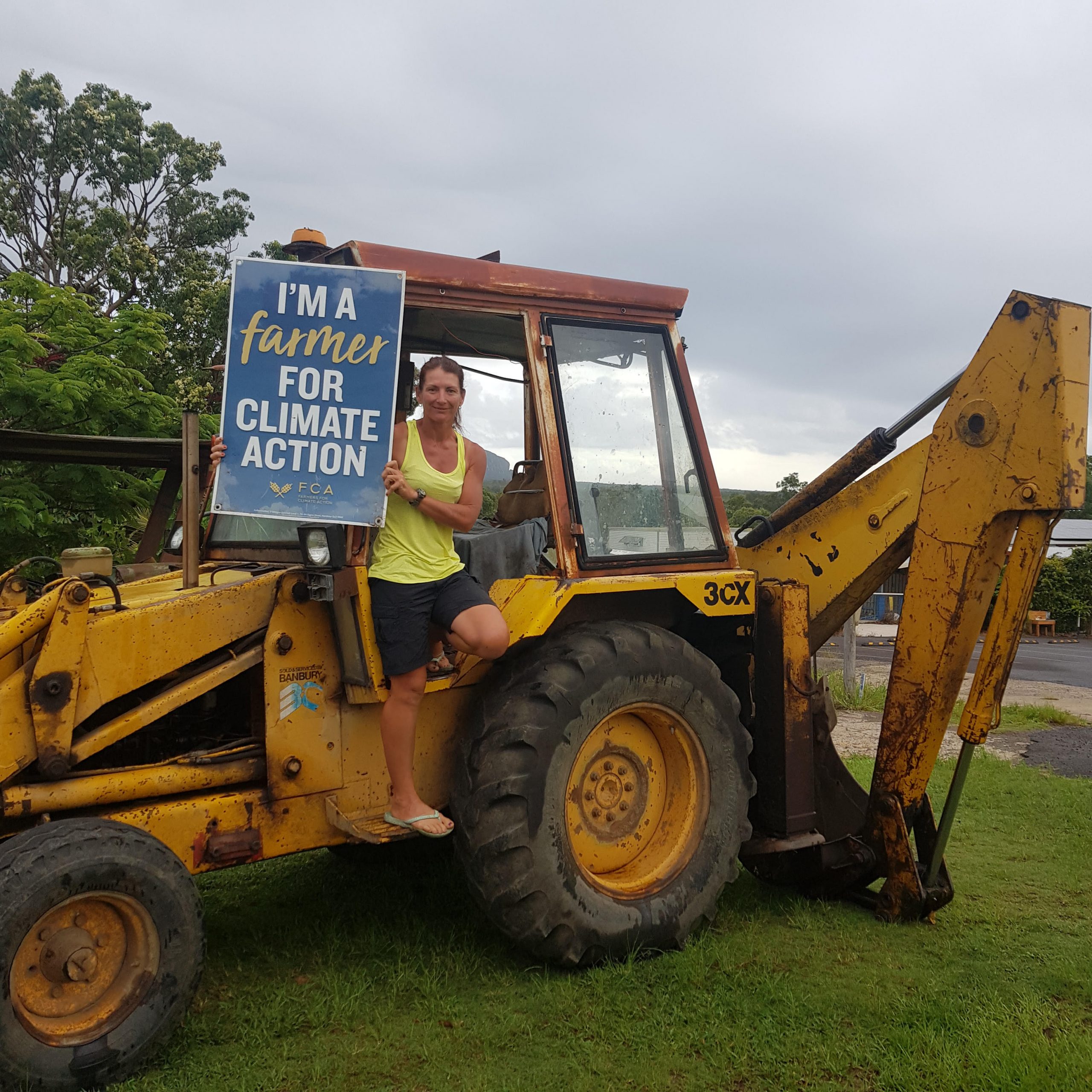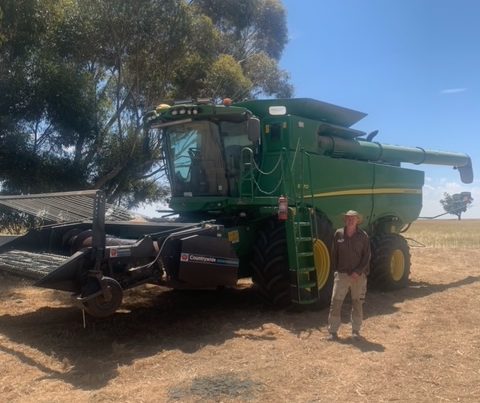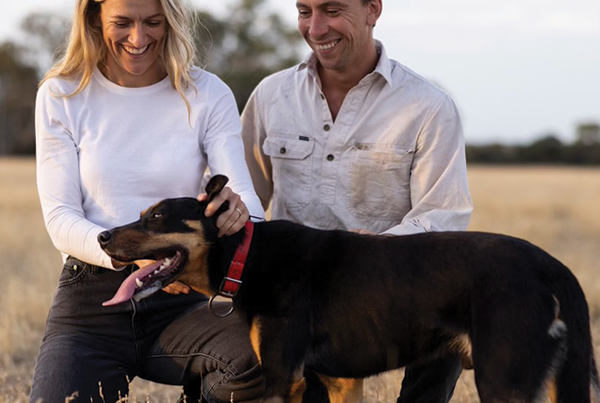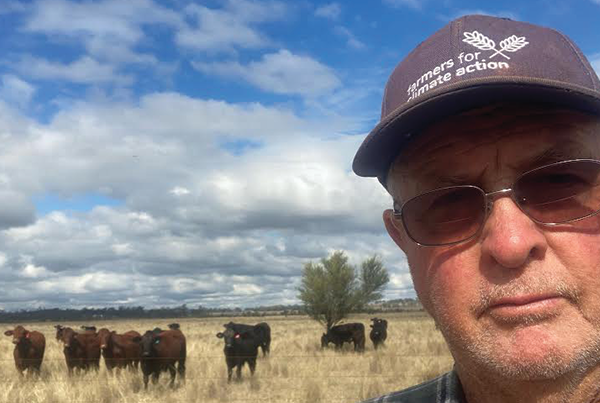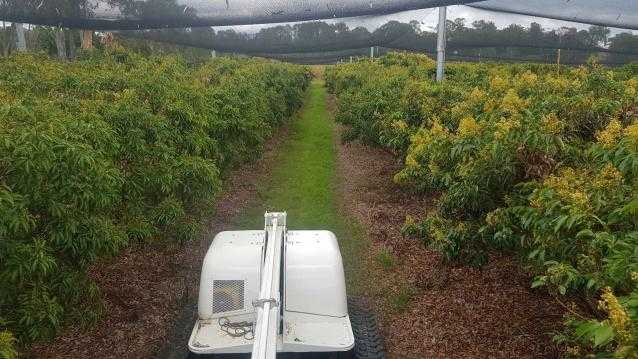
At a glance
Who: Kerrie McMartin and her dad Graham McMartin
What: Grows commercial crops of lychees, custard apples and sugar cane as well as running a pick-your-own strawberry agritourism business. The custard apples and strawberries are grown on the 65 acre home farm, while the lychees and sugar cane are grown on a separate 180 acre plot.
Where: Bli Bli on Queensland’s Sunshine Coast
Can you tell us about your property?
We have a pretty high rainfall here compared to most farms in Australia and on an ‘average’ year can expect 1800mm. That said, we’ve only had about 1000mm to date, which included rain nearly every day for four months and virtually no rain for three month.
The property has been in our family for 74 years. Dad’s parents bought it and he grew up picking fruit and left school at 14 to cut cane by hand. I’ve been here, on and off, all my life – I started picking tomatoes and beans when I was seven.
Our approach is to work with nature. We find it’s easier to work with nature than impose our will or ego upon it. We promote all the plants and bugs that are already working to benefit us and we find that they help alleviate some of the other problems that arise in terms of pests and diseases.
What first got you thinking about climate change?
My parents are the ones that brought climate change to my attention. Dad noticed changes, and would identify with what’s happening on our farm, in correlation with what scientists were saying in the newspapers.
How has climate change impacted on your farm business?
We have salt water inundation from the Maroochy river. The river level has risen 5 inches since dad has been here. We border on a mangrove swamp which goes into the river. Our cane farm is 80% below high tide level so it is very vulnerable. A drainage system was put in the 1950s and we have to keep strict management practices on all of our drains and floodgates and maintain good levy banks, but it’s an ongoing challenge. Already, we’ve lost one of our paddocks and one of our dams is at risk.
The timing of the rain is now a much bigger issue as compared to when dad was growing things when he was younger. Before they used to dry farm everything now you wouldn’t survive without irrigation. We get longer periods of continual wet, we’ve come close to 300hrs of pumping water off our cane so far this year, then long periods of dry where you have to irrigate or everything dies.
Temperature is also an issue. It’s not like we have the high temperatures you see out west, but it is much warmer. Our pests that used to be only summer pests are now all year round pests so our spray has to increase all year round. While we’d love to be organic it’s just not an option for us.
What are some of the climate-smart strategies you’ve been employing and how successful have they been?
We’re constantly adapting to climate change – it’s just what we do as farmers. To help manage the increasingly unreliable rainfall, we use water efficient irrigation and sugar cane mulch around our orchard to help retain moisture. It’s great for soil health as well.
Last Christmas we installed a plastic shredder and extruder, which recycles the plastic we have around the farm into sleepers, car stops and tops for the purlins for our lychee nets. I mould the plastic into what we need as it comes out of the extruder. I’ve recycled a few hundred kilos of plastic over the past few months and have got about 2.5 tonnes of poly pipe sitting in the cow paddock waiting to go through. Our philosophy is why should tomorrow’s generation clean up our mess.
We also have a 35kw solar system going in at the end of the month – that will power our packing shed with all the cold rooms and the farm shop. It will offset our $20,000 power bill. The shop is only open during winter so in summer I’m going to feed it down to one of our dams for irrigation. We’re also going to put in a 15kw on the other dam for irrigation purposes. I want to be renewable reliant for our irrigation by the end of next year.

